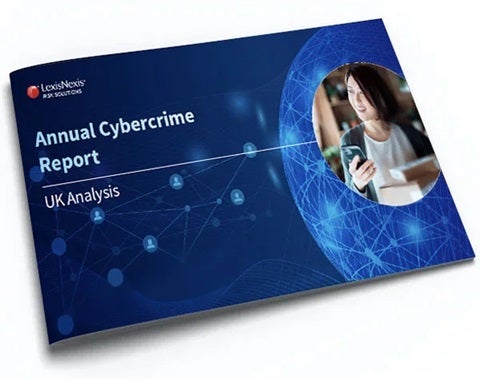
Does fraud impact the gambling sector?
Offering sign up bonuses are a popular technique by many iGaming operators to attract new players. But are they worth the risk?
Competition in the gambling sector is rife – just like in any online businesses – and sports betting and casino operators alike are always releasing new deals to entice new customers to their site. These offers encourage new customers to sign up and existing customers to return and keep playing. Common promotions can include promo codes, cash incentives, free bets or free spins.
But when players engage in bonus hunting or abuse the sign-up bonuses designed to reward new or loyal customers, it inevitably leads to the online gambling operators removing the offer or lowering bonus payouts going forward. Many operators just choose to write off this expense, but this could mean writing off thousands of pounds, and just as much lost in potential custom.

What is the impact of promotion abuse in the gambling sector?
In our latest cybercrime report, we found that bonus abuse makes up over 50% of all fraud cases in the gambling sector. But, for the online gambling industry, the risk of potential fines amounting to hundreds of thousands of Pounds for non-compliance can take priority over protecting the business from gambling fraud.
But whilst the real impact on revenues and fraud losses remains unknown, it is certainly an amount that most operators cannot afford to lose.
How can I protect my business from bonus abuse?
Detecting the first signs of bonus abuse as new customers sign up or throughout the customer lifecycle is key to preventing this type of fraud. Identifying the warning signs of bonus abuse fraud is essential to minimise risk, including spotting when a player is creating multiple accounts, signs of identity theft, stolen credit card details or other suspicious patterns.
However, when competition in the sector is so intense, a low friction experience for legitimate customers is essential in reducing drop-out rates to maximise the customer acquisition and ROI. So, any additional checks to prevent fraud must be both effective, efficient and occur in the background.
Leveraging device intelligence enables operators to identify indicators of fraud or fake accounts without requiring frequent identity verification checks or invasive checks. Combining an individual’s digital identity with device fingerprinting (IP, email and phone intelligence) and velocity rules allows you to track and flag suspicious accounts, multiple account openings and other behavioural patterns.
How do people take advantage of bonus offers?
Synthetic Identities
VPN Usage
Bonus Hunting
Chip Dumping
How do you stop promo abuse?
It is likely that fraudsters will always find new ways to exploit online gambling operators, however there are a few things you can look for to mitigate the risk of bonus abuse fraud.
Use proactive measures and create rules to help you identify sign up bonus abuse including, unusual or high risk IP addresses, fake or disposable emails or multiple applications from the same device or IP address within a short period of time. Create alerts to flag when information is being used across more than one account.
Location
Transactions
Data
What technology is available to help me identify and prevent bonus abuse?
LexisNexis® Theatmetrix® helps operators detect and prevent fraud at any stage in the customer lifecycle using device, IP, email, phone and behavioural biometrics. Using these digital indicators of fraud allows operators to protect their business and their good customers from criminals without adding unnecessary friction into the customer journey

